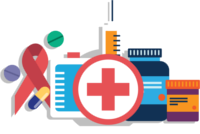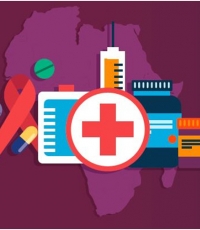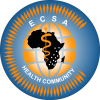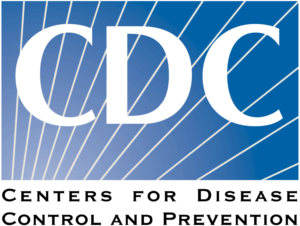Financing demand and supply-side interventions to enhance early case detection and improve treatment success rates through the rollout of a package of standardized TB prevention and treatment services across the four countries.
On the demand side
The project is financing interventions to address inadequate community knowledge and awareness, TB stigma, and weak or absent community health systems. These interventions include social and behavior change communication tailored to communities, miners (predominantly male), and families and caregivers (predominantly female); and targeted community/population screening programs with appropriate community support. In addition, the project is financing nutritional support for MDR-TB patients to simultaneously minimize out-of-pocket expenditures and to enhance the effectiveness of the TB treatment.
On the supply side
The project supports two main strategies:
- Improving the clinical quality of services to ensure International Standards for Tuberculosis Care are met across countries;
- Strengthening specimen transportation and management.
To improve the clinical quality of services, the project is financing:
- In-service training and mentorship for front-line health workers in the management of TB and integrated TB-HIV services;
- Facility-based TB screening using improved protocols and tools;
- Improving patient referral, and follow-up (including through the use of ICT).
- Scaling-up community TB–related activities, including targeted community screening/contact investigation and patient/community support systems to enhance adherence
To strengthen sample specimen transportation and management
This is critical for the effective management of TB, the project will support:
- establishment and maintenance of community sputum collection points;
- sample transport systems using motorcycles and other means for transporting sputum specimens from such collection points to health facilities for microscopy, Xpert testing or culture, and drug-sensitivity testing; and
- more efficient and rapid transmission of laboratory results to clinicians and patients.
The project will contract with private courier services to transport samples on the basis of existing successful pilots such as Riders-For-Health. To the extent possible, the project will also support the use of Global Positioning System and barcode capabilities in sputum sample management. The aim is to shorten the diagnosis time, especially for rural, mining, peri-mining and cross-border populations.






